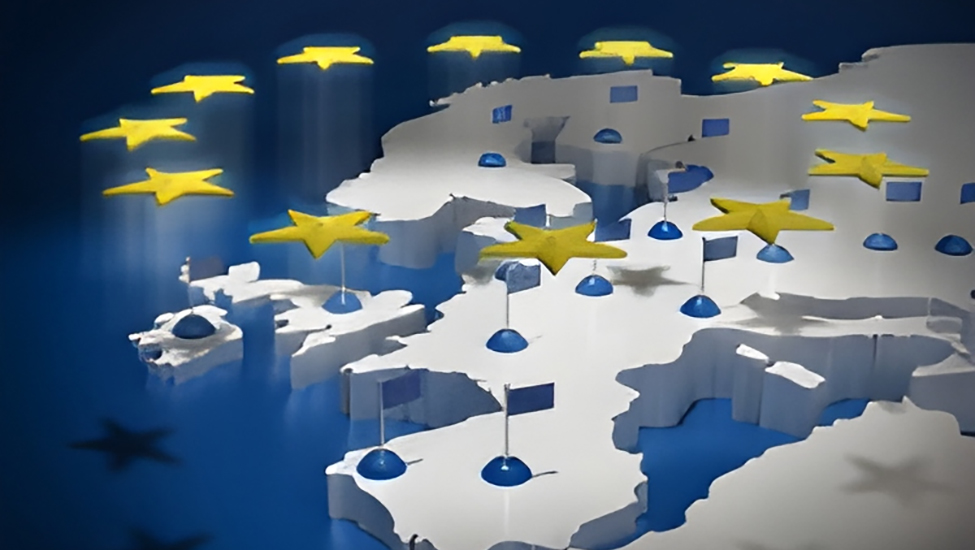The Newsletter n°389 — 6 avr. 2009
La Lettre
Jacques Rigaud
—
6 April 2009
Site/European Elections
1 January 1970

Election/Slovakia
1 January 1970
Election/Macedonia
1 January 1970
Elections/Moldova
1 January 1970
Editorial
1 January 1970
EIB
1 January 1970

France
1 January 1970
ECB
1 January 1970
Ireland
1 January 1970
Austria
1 January 1970
Germany
1 January 1970
G20
1 January 1970
Sweden
1 January 1970
IMF
1 January 1970
Spain
1 January 1970
Latvia
1 January 1970
Belgium
1 January 1970
EU/USA
1 January 1970

ECB
1 January 1970

Economy
1 January 1970

Cyberattacks
1 January 1970
Euro Area
1 January 1970
Transport
1 January 1970
Energy
1 January 1970
Transport
1 January 1970

Unemployment
1 January 1970

USA
1 January 1970
Tunnel/Brenner
1 January 1970

EU/Funds
1 January 1970

Rasmussen
1 January 1970

Resignation
1 January 1970
Unemployment
1 January 1970

Reshuffle?
1 January 1970
Euro
1 January 1970

Internet
1 January 1970

Asylum
1 January 1970
USA
1 January 1970
Unemployment
1 January 1970

Prime Minister
1 January 1970
G8
1 January 1970

Government
1 January 1970

USA
1 January 1970

Election
1 January 1970

Election
1 January 1970

Elections
1 January 1970

Election Date
1 January 1970

USA
1 January 1970

Universal Jurisdiction
1 January 1970

Development
1 January 1970

Afghanistan
1 January 1970

Cyprus
1 January 1970
Membership
1 January 1970

60 years
1 January 1970
Unemployment
1 January 1970

Agriculture
1 January 1970
Inflation
1 January 1970
Protectionism
1 January 1970

Russia
1 January 1970
CO2
1 January 1970
NATO
1 January 1970
Baltic Countries
1 January 1970

European Parliament
1 January 1970
Bauhaus/Weimar
1 January 1970

Baroque/London
1 January 1970
Agenda
Towards a sovereign and resilient Europe: the urgent need for a comprehensive security doctrine
Skilled immigration and the competitiveness of the European Union: attractiveness and policy options
Hybrid threats: from geopolitics to internal security
From Turnberry to Mercosur: the European Union at a critical juncture
The European strategic approach to technological security: the challenges posed by China
The Editors of the Newsletter :
Stefanie Buzmaniuk, Helen Levy
N°ISSN : 2729-6482
Editor-in-Chief :
Eric Maurice
Director of Publication :
Pascale Joannin
Any questions or suggestions?
Contact Us!







